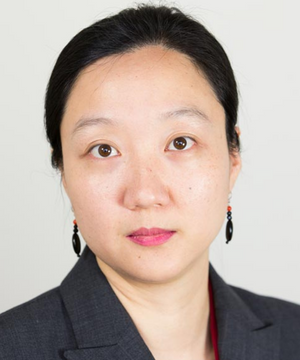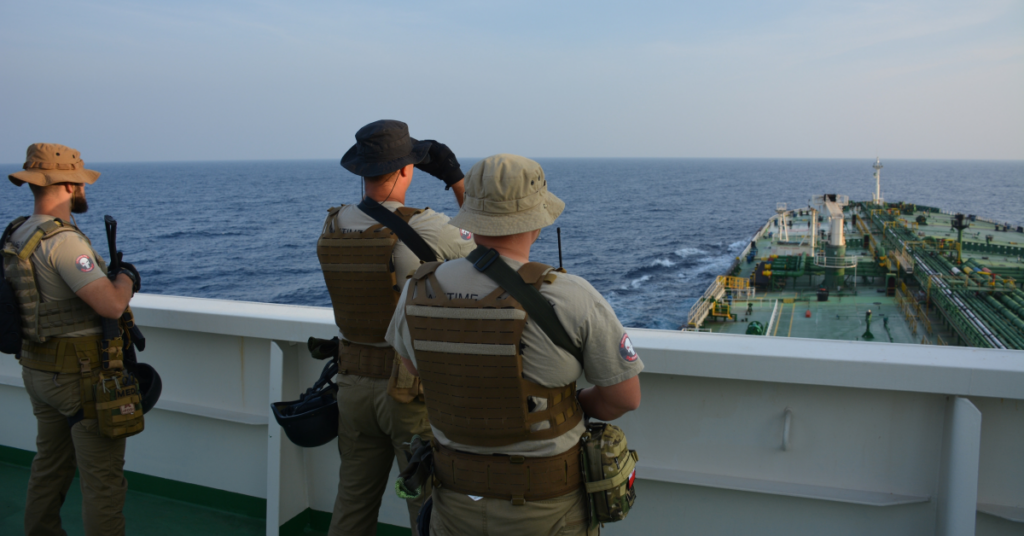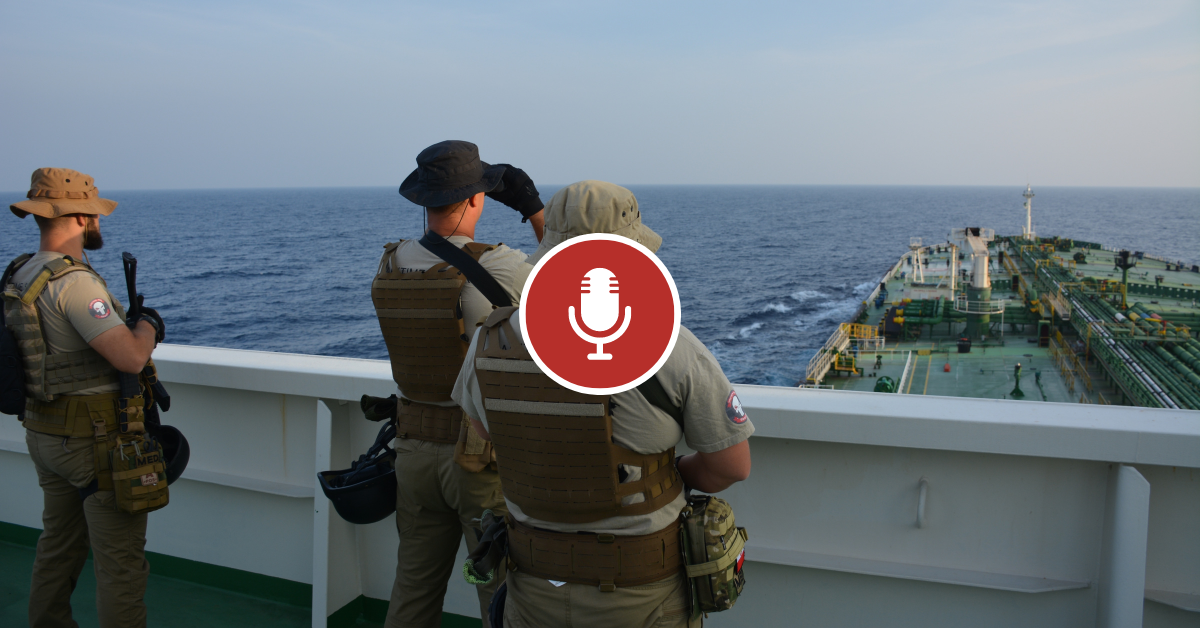Monday, March 18, 2024 | 11:00 AM EDT - 11:30 AM EDT
The United States and its allies have been combating Houthi attacks that have left vital Red Sea shipping lanes vulnerable. China, however, has contributed little to these international efforts. Tensions have risen amid calls for China to join the international effort, prompting discussions on the nation’s role in safeguarding maritime security in the Red Sea.
How can China and the United States work together or separately to help restore stability and security in the crucial Red Sea region, and what is holding back cooperation? In a discussion moderated by Dawn Murphy on March 18, 2024, Isaac Kardon and Yun Sun analyze the shipping lane crisis and China’s role in Red Sea security.
Speakers

Isaac Kardon
Isaac B. Kardon is a senior fellow for China studies at the Carnegie Endowment for International Peace. Prior to joining the Carnegie Asia program in 2023, Dr. Kardon was an assistant professor at the U.S. Naval War College from 2016 to 2022; he was a core member of the College’s China Maritime Studies Institute. He studies Chinese foreign and security policy, specializing in maritime disputes, port development, overseas military basing, and China-Pakistan relations. His writing has appeared in International Security, Security Studies, Foreign Affairs, and the Naval War College Review.
Dr. Kardon earned his Ph.D. in government from Cornell University, an MPhil in modern Chinese studies from Oxford University, and a B.A. in history from Dartmouth College. He is a fellow in the National Committee’s Public Intellectuals Program and a participant in the Committee’s Track II Dialogue on Maritime Affairs and International Law.

Yun Sun
Yun Sun is a senior fellow, co-director of the East Asia program, and director of the China program at the Stimson Center in Washington, D.C. Her expertise is in Chinese foreign policy, U.S.-China relations, and China’s relations with neighboring countries and authoritarian regimes. She was previously a visiting fellow at the Brookings Institution, focusing on Chinese national security decision-making processes and China-Africa relations, and before that was the China analyst for the International Crisis Group based in Beijing, specializing on China’s foreign policy towards conflict countries and the developing world.
Ms. Sun earned her master’s degree in international policy and practice from George Washington University, as well as an M.A. in Asia Pacific studies and a B.A. in international relations from the Foreign Affairs College in Beijing. She is a fellow in the National Committee’s Public Intellectuals Program.
Moderator

Dawn Murphy
Dawn Murphy, associate professor of national security strategy at the U.S. National War College, specializes in Chinese foreign policy and domestic politics, U.S.-China relations, and international relations. She is the author of China’s Rise in the Global South: The Middle East, Africa, and Beijing’s Alternative World Order. Her research analyzes China’s interests and behavior as a rising global power towards the existing international order. Her fieldwork and research have taken her to China, Egypt, South Africa, Kuwait, Oman, Qatar, Saudi Arabia, the UAE, the UK, the Netherlands, Belgium, and France.
Dr. Murphy holds a B.S. in industrial and labor relations from Cornell University, a master’s degree in international affairs from Columbia University, and a doctorate in political science from George Washington University. Before joining the National War College, she was an assistant professor at the U.S. Air War College. She is a fellow in the National Committee’s Public Intellectuals Program.


